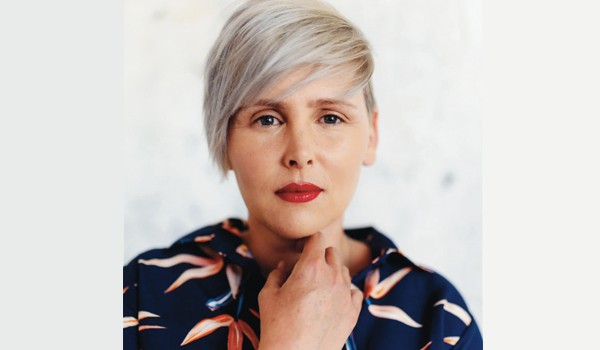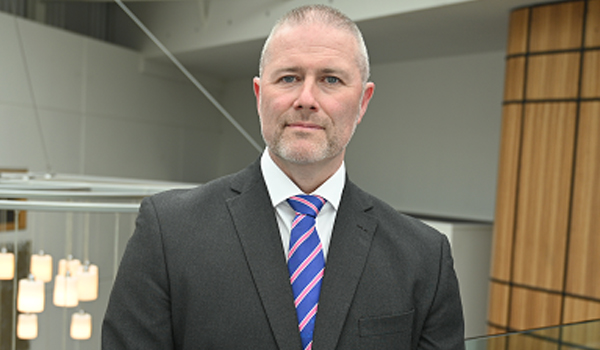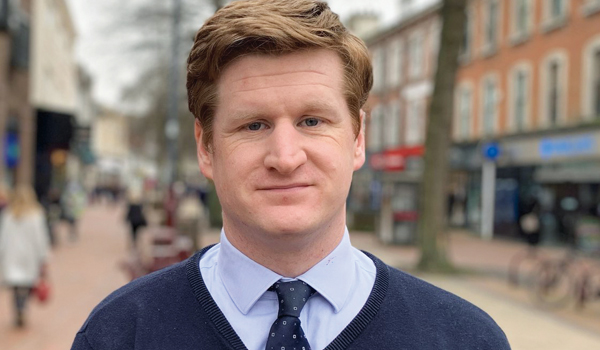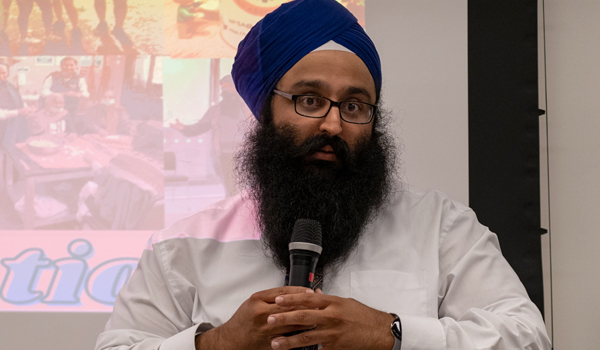Are police doing enough to support abused parents?
Dealing with domestic abuse between partners is something all police officers will be familiar with – and yet there is a much less known type of abuse which is requiring significant resources but being far less talked about, explains Michelle John.
Child to parent abuse (CPA) is thought to occur in at least three per cent of UK households, but there is no exact figure because it is historically under-researched and under-recorded. Even now, CPA incidents are not categorised by all police forces.
The responsibility for working alongside the family towards a resolution may lie with authorities such as social care teams, but in reality, the police are the first point of contact where incidents involve high levels of threat or harm – 67 per cent have called police at least once, and 21 per cent of parents have needed police intervention more than five times.
Many parents will understandably not want to prosecute their own child, instead calling the police as a way of de-escalating an incident and temporarily alleviating the risk to themselves and any other children in the home.
It is never an easy choice for a parent to pick up that phone – many spend years or even decades dealing with abuse behind closed doors, with incidents often escalating over that time. Of the parents, carers and guardians supported by PEGS, 80 per cent report being hit, kicked or strangled by their child (ranging from children aged five to adult offspring).
A fifth of parents are physically attacked on a daily basis, and another two-fifths are physically attacked at least once a week.
Where there are other children in the home, the overwhelming majority are being targeted too – strangled, suffocated, threatened…
Reports of children brandishing weapons, researching ways to kill or injure their parents, killing or maiming the family’s pets, and attempting to harm family members while they sleep are common.
Sadly, once an incident has calmed down and police have gone on to deal with their next call, there is often a real struggle for the family to access meaningful long-term support. And so the cycle continues of them being in fear, walking on eggshells, adapting their behaviour to try not to trigger behaviours – until the next incident which becomes too dangerous for them to handle alone.
And then they may need to call the police again, who will come in and de-escalate then leave… and so on.
That is why there is a real need for every frontline professional to really understand what CPA is and the deep impact it can have on individuals, families and society as a whole. That is why all authorities need to have policies and practices in place which support how they handle the immediate incident, who they signpost to, and the language they use to speak to both the child and the parent. That is why we need to work collaboratively to ensure families are getting the support they need, and not falling through the gaps.
Police professionals interested in finding out more about current research, best practice and policy are invited to the Child to Parent Abuse Conference on Thursday April 28 at Hinckley Island Hotel in Leicestershire. Featuring an impressive speaker line-up and the chance to shape the future of CPA support for families, you can find out more and book a ticket at www.cpaconference.uk
Michelle John is Founding Director of PEGS, a social enterprise supporting parents and professionals with child to parent abuse.






